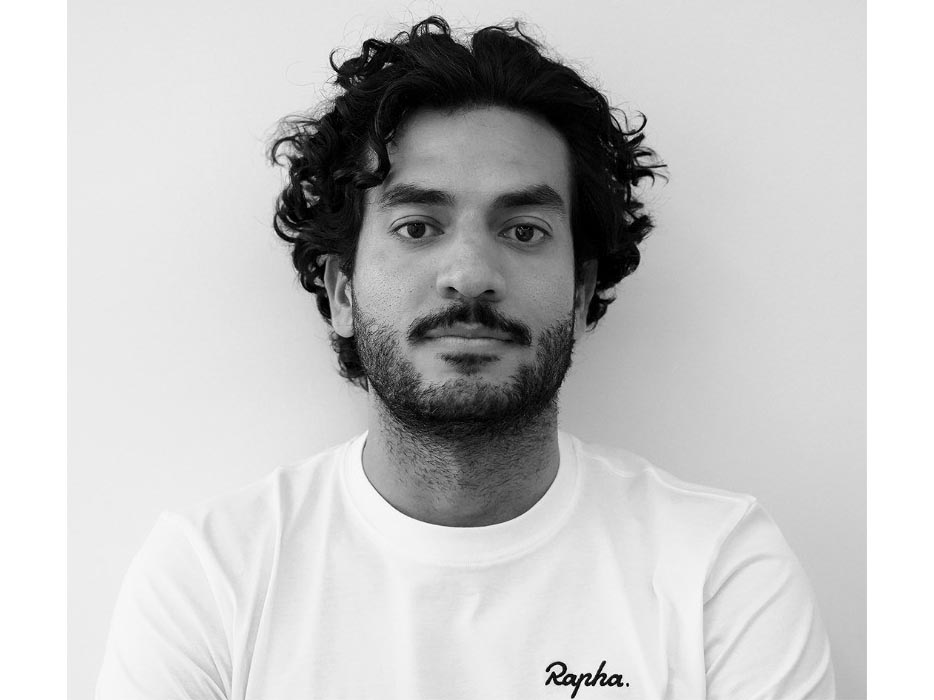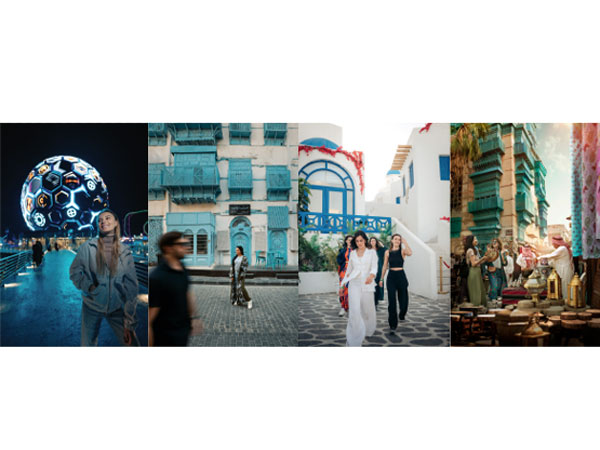Industry Talk
Lebanon: The MENA’s Education Hub
by Yasmine Dabbous
December 14, 2011

Mouh is not alone. According to the Lebanese Ministry of Education, around 14 percent of the students enrolled in Lebanon’s private and public universities are foreign. Most come from regional Arab countries.
Boasting 41 higher education institutions, including technical and vocational institutes, university colleges, university institutes and universities, Lebanon has always been an educational hub in the Middle East. With the rise of the War on Terror and the entailing stringent security measures at Western airports, many Arab nationals today prefer Lebanon’s top learning institutions over an education in Paris, London or New York City.
“Beirut is the closest to my home city,” Alice Moumdjian, an 18-year-old Syrian nutrition student, said. She lives with her family in Kuwait and finds it convenient to be two and a half hours away from her parents by plane.
Moumdjian moved to Beirut, she said, because Lebanon offers a much wider variety of majors than Kuwait does.
The Lebanese American University offers 77 degrees ranging from bachelor’s to master’s and teaching diplomas. The American University of Beirut offers 82, including several PhDs. St Joseph University boasts over 200 undergraduate and graduate degrees. Majors vary from traditional specialisations such as engineering and medicine to more uncommon ones like speech therapy, agricultural economics and epidemiology.
“History makes it unique,” Stéphane Attali, general director of the Ecole Supérieure des Affaires (ESA), said in an interview with La Revue du Liban about the reasons for Lebanon’s superior educational system. “Lebanon has been an educational hub for many years. The universities you have here have this tradition of education for the countries of the whole region and that is very important in the story of Lebanon.”
Many of Lebanon’s universities were first established by Western missionaries who came to spread Christianity, modernity and Western culture at the heart of the Ottoman Empire. The AUB, then a college, offered its first class to 16 students on December 3, 1866 –the result of an effort by American missionaries in Lebanon and Syria. LAU, meanwhile, started first as the American School for Girls. It was established in 1835 by American Presbyterian missionaries. St Joseph University was founded in 1875 with support from the French government. It was, and is still, run by Jesuit Fathers.
This rich history made Lebanon an educational hub for the entire region and a central meeting point between East and West.
“The environment of Lebanon makes it unique,” Attali explained. “You have a unique position between East and West. Lebanon has experienced globalisation for several years before globalisation was mentioned in all the newspapers.”
The result has been a highly educated Lebanese workforce and a strong academic attraction for students from the Middle East and North Africa. According to the Investment Development Authority of Lebanon, the number of higher education students per 100,000 inhabitants amounts to 2712. It reaches 801 in the UAE and 5339 in the United States.
According to the Ministry of Education, the total amount of students enrolled in public and private higher education institutions in Lebanon amounted to 210,211 in 2010. Of those, 29,361 were foreign nationals.
Alia Samman, a 22-year-old from the United Arab Emirates, studies communication arts at LAU. She came to Lebanon, she said, because “Dubai is still a new city.”
“In Lebanon, the arts field is professionally and academically much richer than Dubai,” Samman added. “Dubai is still not as cultivated.”
A decree by Lebanon’s Ministry of Education explains that foreign students are admitted to Lebanon’s various universities under the same conditions as their Lebanese counterparts. They are not subject to any special quota system and can legally live in Lebanon with a visa and a resident permit.
Moumdjian explained that Beirut particularly attracted her because of the lifestyle it offers to young students, here for academic as well as cultural assimilation. From the range of artistic activities to the natural escapes and the exciting nightlife, Lebanon is more than just an educational destination.
“There are a lot more activities here,” Moumdjian explained. “It’s much more diverse.”
Despite its notorious and ongoing political tensions, Lebanon is quite famous for the lifestyle it offers. A quick Google search reveals prominent websites talking about “wild parties,” “beautiful beaches,” “fabulous food,” “great destination for nature lovers” and even “beautiful women.”
Razan Al Mufleh, a 20-year old radio/TV/film student from Jordan, has been enjoying this standard of living for the last couple of years. Although she had heard –and was concerned– about Lebanon’s often violent tensions, she now feels quite comfortable living in Beirut. “Lebanon now is my second home,” she said. “With the help of my professors and my friends I will be honored to graduate from there.”













